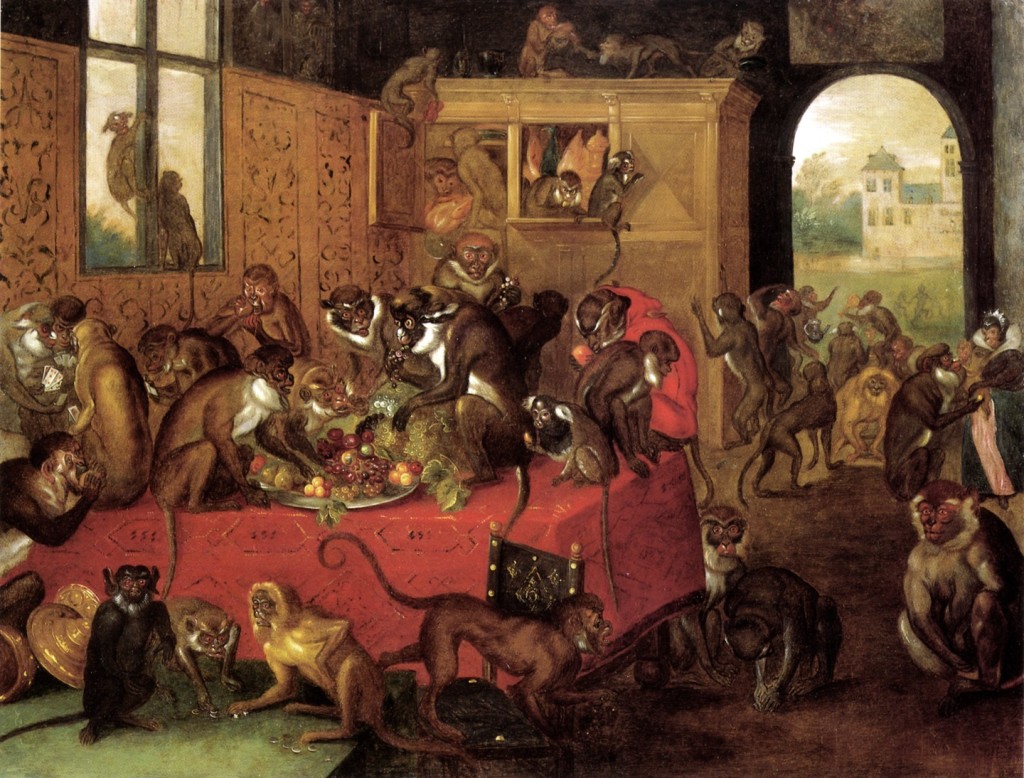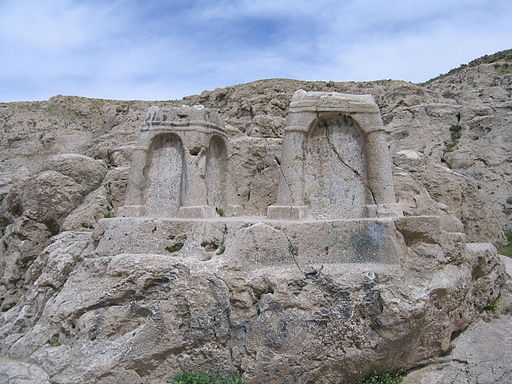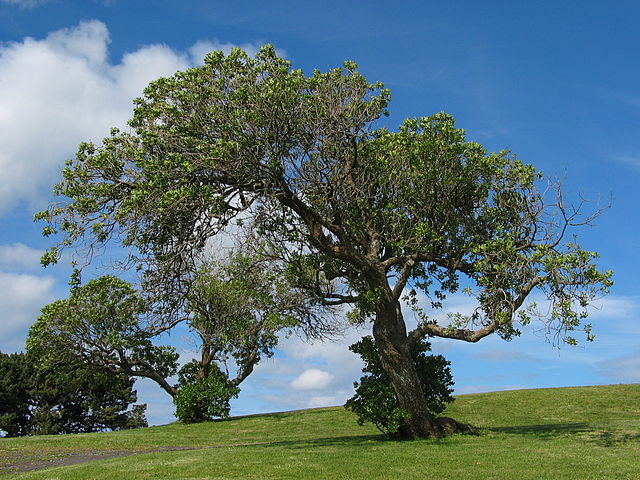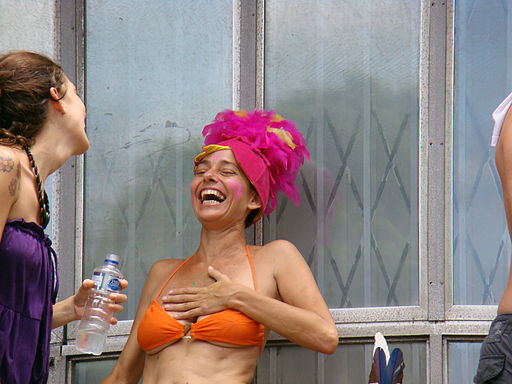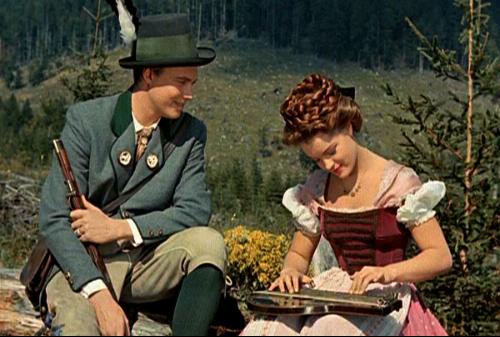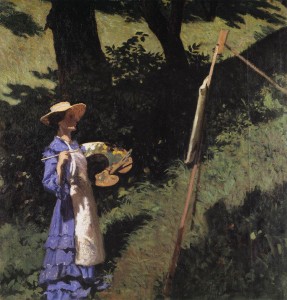Feasting is the flame in mid-winter
That kindles the fire of friendship
And strengthens the community.
In the past, feasting was a way to bind the community closer together. The same is true today. Whether they are cultural gatherings, times of group worship, or even special dinners with friends, we all need moments where we come together and reaffirm the importance of our group.
The cheer that we feel is essential both to the collective and the individuals involved. The affirmation of the group should not be a sublimation of the individual but rather a framework for involvement. A good gathering requires participation — the efforts of organization, work, and attendance — and in turn gives back sustenance for body and soul, a sense of belonging, and the accomplishment of something that could not be done by the individuals alone.
Like any other human endeavor, the feast is vulnerable to manipulation and politics, the selfish maneuvering of cynical individuals. This is difficult to avoid completely, for it is impossible for any group to truly be united. The only way to mitigate this is for the collective to keep its intentions strictly on its purpose, to select its leaders wisely, and for those leaders to be as enlightened as possible.

